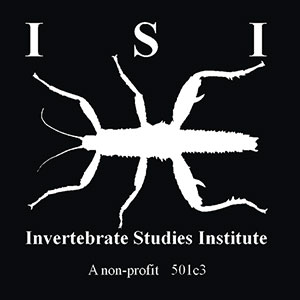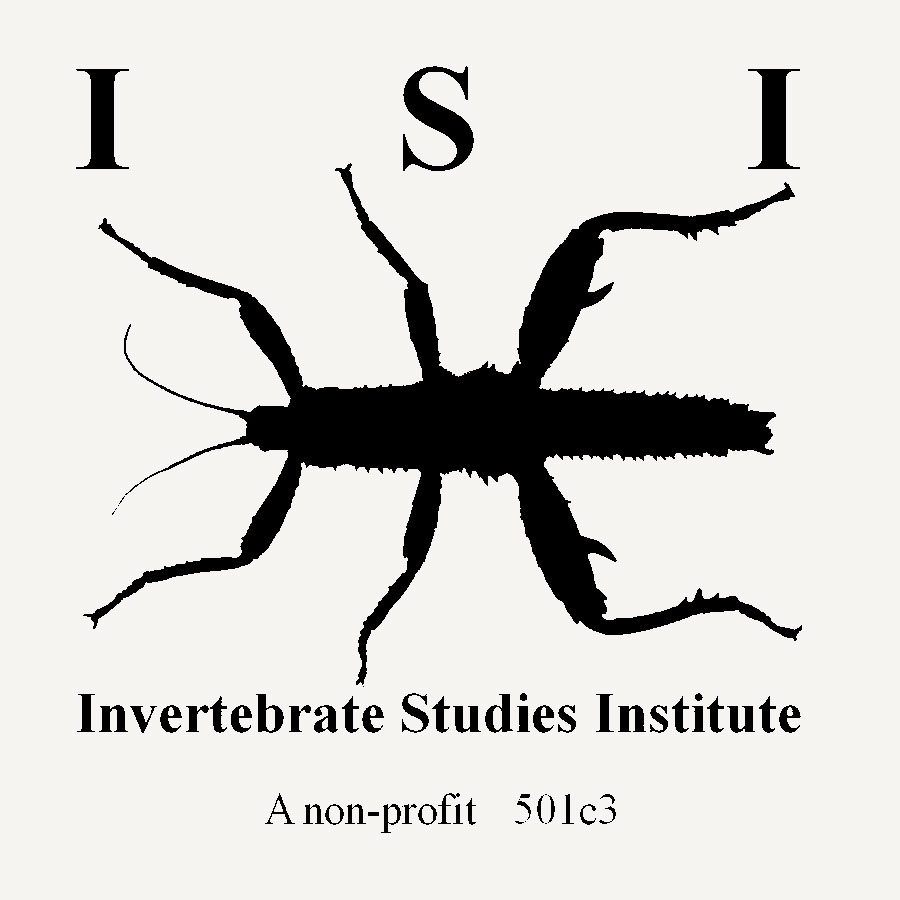Why Insects?
Why are invertebrates such as insects so important?
Insects make up a majority of life on earth by species, and support literally all life on earth. There are at least 1 million species named to date and estimates of 3-40 million species that exist on earth. They provide critical services such as pollination, recycling nutrients, food and protein sources for hundreds of thousands of species, maintain soil quality, contribute to soil maintainance and protect many plants from predators and disease. Insect have many fold more levels of value than we even know, or have even explored for all life on earth including humans, including providing sustainable protein to the human food industry and sources of potential drug lead compounds, vaccines and other bioresources.
There are some four million different kinds of animals and plants in the world. Four million different solutions to the problems of staying alive.
– Sir David Attenborough
What is unique and special about ISI?
Invertebrate Studies Institute (ISI) brings together the best of immersive inspiring educational entertainment displays and events about the natural world and cutting edge biological, biomedical and ecological research. Combining research and public engagement is the key. There are museums which display dead things, zoos which display live things and institutions which do research – but no organization is doing all 3 at the highest levels. What’s more, considering the vast majority of animals on earth are invertebrates, yet zoos and museums display very very few, there is a critical need for an organization like ISI to teach the public about invertebrates to impart a TRUE understanding of what biodiversity is and its importance. ISI’s team of PhD researchers have spent our lives preparing for exactly this sort of work. The synergies between research and public engagement are immense but lost on organizations to date. ISI will change that.
What is the biodome and why is it important to ISI's mission?
The biodome will be THE engine of ISI. The facilities planned for the biodome are critical for rearing hundreds of invertebrate species, displaying them to the public in educational relaxing, immersive and natural settings and holding world class science education and entertainment events to inspire appreciation for science and diversity. Additionally, the research labs being a part of the overall biodome facility will assure the greatest efficiencies of engagement between our scientists and the public. Additionally, the plants, animals and facilities in the biodome will be useful for our research, while the research laboratories will be developing the cutting edge content and scientific progress which we will be able to bring directly to the public biodome and invertebrate zoo displays all under one roof! This combination of research and educating the public is essentially ISI’s mission.
What exactly is ISI's research?
ISI studies all aspects of invertebrates and their biology. We have a particularly keen interest in studying the biochemistry and genomes of invertebrates. Invertebrates use chemistry for all aspects of their lives – from communication (pheromones, defense compounds, etc.) to defending themselves from attack from predators and diseases. Yet, very little work has been done to study the biochemistry of invertebrates considering their vast diversity and numbers. ISI plans to identify chemical compounds, peptides and proteins invertebrates use to survive and thrive in our bioprospecting studies to identify new valuable substances, how they work and how they can benefit humans. Additionally, we plan to sequence the genomes of thousands of invertebrate species, as many of the mysteries of how these creatures function and produce their biochemical wonders are encoded in those genomes. This research will not only help us identify products from invertebrates useful for human medicine and other uses, but also help us better understand how our natural world functions and how we can better protect it.
Why is this work critical / important?
Life on earth is experiencing unprecedented threats to its existence. Biodiversity loss and mass extinction of species are arising due to human kind’s lack of understanding how to co-exist with life on earth. What’s more, as species are lost, all of the valuable chemical compounds, materials, genes and other biological wonders from which humans could benefit are lost with them. Given that invertebrates make up the vast majority of life on earth, yet sadly the vast majority of invertebrate research is targeted to killing them, it is critical that we start studying these creatures more intensely before they are gone. ISI will be a critical force for this endeavor.
Why are invertebrates so important?
Invertebrates are animals without a backbone – including insects, crustaceans, arachnids, starfish, jelly fish, celphalopods, clams, worms and many others. Invertebrates make up the vast majority of animal species on earth and indeed a large portion, maybe the majority, of life on earth. As such, all other species on earth, particularly humans, are critically dependent on the health and well being of invertebrates as we are the natural world overall. They provide ecological services like pollination, nutrient cycling, food for nearly all other animals, and support all ecosystems on earth. Additionally, we know very little about them. We know things like plants have given us great breakthroughs in medicine providing the starting materials for a large portion of the drugs we use to treat disease – but that is only a flake on the proverbial iceberg compared to what we could learn from invertebrates.
The world’s largest biodome.
What is Invertebrate Studies Institute, or ISI?
Invertebrate Studies Institute (ISI for short) inspires appreciation for and conservation of the natural world through invertebrate focused research, outreach, education and entertainment activities.
ISI’s vision is to build the world’s largest biodome and biotech facility to support it’s mission. Think: Jurassic Park but for invertebrates, and largely indoors. Unlike other zoos and museums, ISI has a substantial focus on cutting edge research. We want to bring our research directly to the public through our facility and activities.
When we try to pick out anything by itself, we find it hitched to everything else in the Universe.
– John Muir

Invertebrate Studies Institute’s mission is to inspire appreciation for and conservation of the natural world through invertebrate focused research, education, outreach, entertainment activities.
Invertebrate Studies Institute, Inc. (ISI) is a non-profit 501c3 organization.
Our Offices
Invertebrate Studies Institute, Inc.
University Research Park
755 Research Parkway, Suite 552
Oklahoma City, OK 73130
Phone: 352-281-3643
Email: support@isibugs.org
Support ISI Today
ISI inspires appreciation for science, invertebrates and the natural world.

